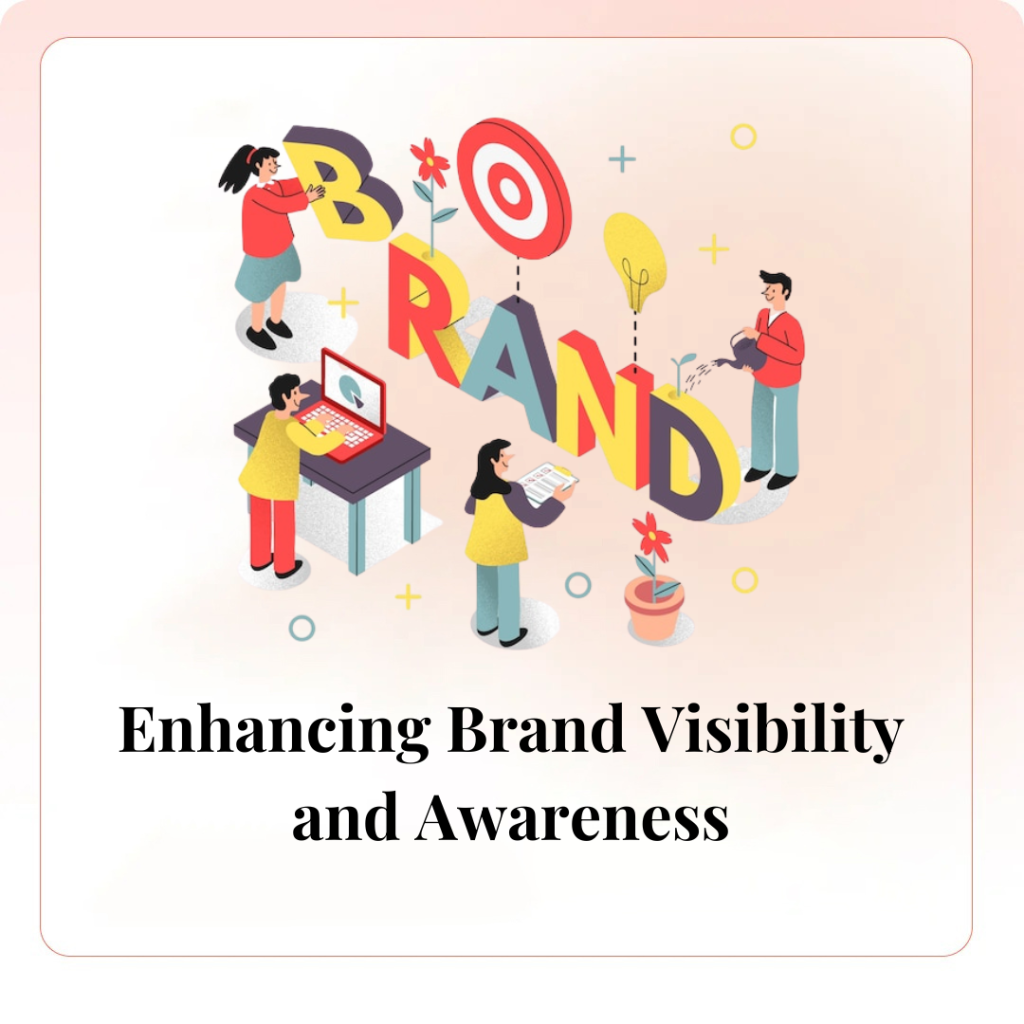Digital marketing is transforming the pharmaceutical industry, offering new ways to engage with healthcare professionals, patients, and stakeholders. From enhancing brand visibility to driving patient education, digital marketing strategies are crucial for success in this highly competitive and regulated industry. This blog explores the importance of digital marketing in the pharmaceutical industry and provides strategies for effectively leveraging digital platforms.
1. Enhancing Brand Visibility and Awareness
In an industry where trust and credibility are paramount, building a strong brand presence is essential. Digital marketing allows pharmaceutical companies to:
- Develop and maintain a professional website that showcases their products, services, and innovations.
- Utilize social media platforms to share industry news, product updates, and engage with their audience.
- Implement SEO strategies to ensure their website and content are easily discoverable by healthcare professionals and patients searching online.

2. Educating Healthcare Professionals

Digital marketing provides a platform for pharmaceutical companies to educate healthcare professionals about their products and advancements. Effective strategies include:
- Hosting webinars and virtual conferences to present clinical data, research findings, and new product launches.
- Creating informative and engaging content such as blog posts, whitepapers, and eBooks that highlight the benefits and applications of their products.
- Developing e-learning modules and online courses to provide continuous education and training for healthcare professionals.
3. Engaging with Patients
Patient engagement is a critical component of pharmaceutical marketing. Digital marketing enables companies to:
- Create patient-centric websites that offer valuable information about diseases, treatment options, and medication management.
- Use social media to foster communities where patients can share experiences, ask questions, and receive support.
- Develop mobile apps and online tools that help patients track their health, manage medications, and access personalized content.

4. Supporting Sales and Marketing Teams

Digital marketing supports pharmaceutical sales and marketing teams by providing tools and resources to enhance their efforts. Key strategies include:
- Implementing Customer Relationship Management (CRM) systems to manage interactions with healthcare professionals and patients.
- Using email marketing to deliver targeted messages, product updates, and educational content to specific segments.
- Leveraging data analytics to gain insights into market trends, customer behavior, and campaign performance, enabling data-driven decision-making.
5. Complying with Regulations and Ensuring Transparency
The pharmaceutical industry is heavily regulated, and digital marketing must comply with strict guidelines. Companies must:
- Ensure all digital content, including websites, social media posts, and emails, adhere to regulatory requirements and are reviewed by legal and compliance teams.
- Provide clear and accurate information about their products, including potential side effects and safety warnings.
- Implement measures to protect patient privacy and data security in all digital interactions.

6. Utilizing Video Marketing

Video marketing is a powerful tool for the pharmaceutical industry. Companies can:
- Create explainer videos that simplify complex medical concepts and product information.
- Share patient testimonials and success stories to build trust and credibility.
- Host live Q&A sessions with medical experts to address common questions and concerns.
7. Building Strong Relationships with Key Opinion Leaders (KOLs)
KOLs play a significant role in influencing healthcare professionals and patients. Digital marketing helps pharmaceutical companies:
- Identify and engage with KOLs through social media, webinars, and online communities.
- Collaborate with KOLs to create and share authoritative content that highlights the efficacy and benefits of their products.
- Use KOL endorsements and testimonials to enhance brand credibility and reach a wider audience.

8. Innovating with Emerging Technologies

The digital landscape is constantly evolving, and pharmaceutical companies must stay ahead by adopting emerging technologies. Key innovations include:
- Artificial Intelligence (AI) and machine learning to analyze data, predict market trends, and personalize marketing efforts.
- Virtual Reality (VR) and Augmented Reality (AR) to create immersive educational experiences for healthcare professionals and patients.
- Blockchain technology to ensure data security, transparency, and traceability in digital interactions.
Conclusion
Digital marketing is indispensable for the pharmaceutical industry, offering numerous opportunities to enhance brand visibility, educate healthcare professionals, engage with patients, and support sales and marketing efforts. By leveraging digital marketing strategies and staying compliant with regulations, pharmaceutical companies can drive innovation, build trust, and achieve success in a competitive market. Embrace digital marketing to ensure your pharmaceutical company remains at the forefront of the industry and continues to make a positive impact on healthcare.

